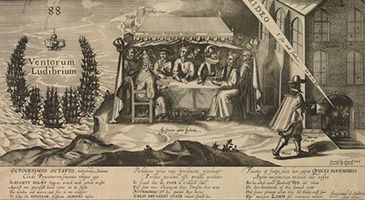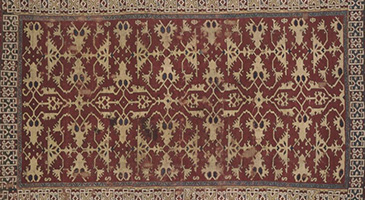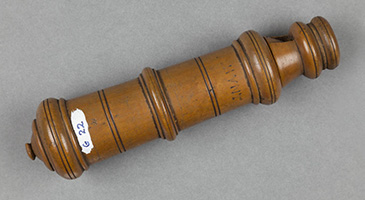Welcome to the Middling Culture exhibition.
Here, we curate a series of images and items that capture the everyday lives of England's "middling" people—neither the very rich nor very poor—in the sixteenth and seventeenth centuries.
Our exhibition is divided into themes, which reflect the key areas that defined these individuals and their worlds. Each object emerges from our research and has links with some of the key case study communities at the heart of our project. Together, they mark out what distinguishes the "middling" from the aristocratic gentry or from the very poorest in society.
The "middle" was arguably the largest swathe of society in this period and the most socially mobile. We have therefore reflected in this exhibition the many different ways one might be in the "middle" of society (much like the contested notion of the "middle class" today), and you can find out more about these different social categories in our Status Calculator.
Each of our themes has a brief overview to introduce them and then a series of items with object descriptions. Click on one of the themes to discover more. You can also range between different or connected items.
A number of the objects here can also be found in our Shakespearean Memory Parlour: can you spot any connections?
Our themes are: Assets; Belief; Charity; Leisure; Literacy; Memory; Mobility; Occupation; and Reputation.








